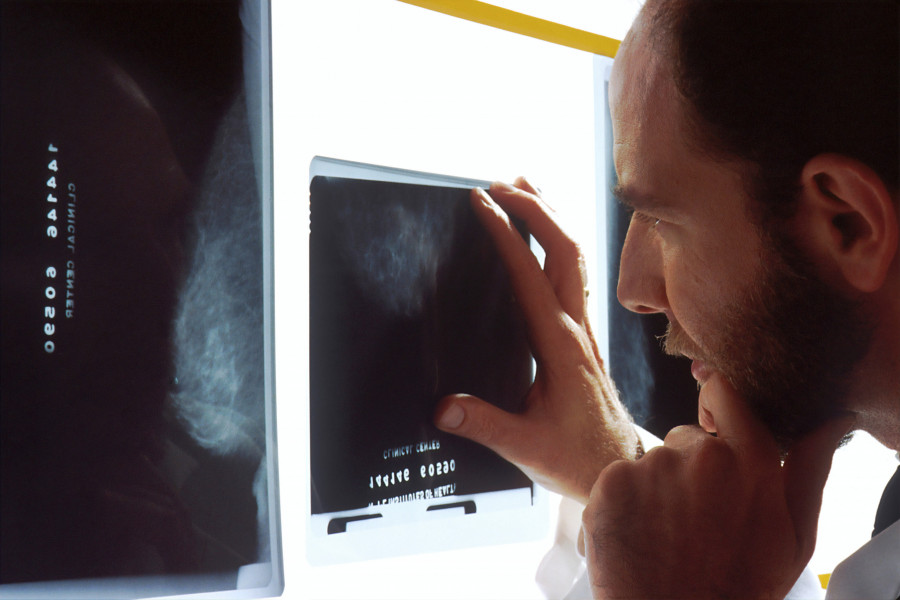The European Commission plans to make sure that 90% of all people who qualify for breast, colorectal and cervical cancer screenings actually receive the tests they need.
Deaths from cancer have been steadily on the rise in Europe, with an estimated 20% increase between 1995 and 2018 and a massive 50% jump in cases during the same period.
The European Commission (EC) is making efforts to combat this deadly disease through its Cancer Beating Plan, by asking member states to get the word out and urge people to get screened regularly.
The focus will be on early detection, using the latest scientific developments and research to offer 90% of the population who qualify for breast, colorectal and cervical screenings the testing they need by 2025. The new plan will also expand population-based screenings to include lung, prostate and some gastric cancers.
“In 2020, an estimated 2.7 million people living in the EU were diagnosed with cancer and more than 1.3 million people lost their lives to this disease,” said Stella Kyriakides, Commissioner for Health and Food Safety. “We know that early diagnosis saves lives and improves quality of life. Today, under Europe’s Beating Cancer Plan, we are setting a new course for cancer screening in the EU. With our new recommendations, the EU Cancer Screening Scheme will be covering cancer types that together account for almost 55% of all new cases diagnosed in the EU every year.”
This plan will replace a two-decade old version that is now woefully out-of-date and will reflect the latest in cancer-beating studies.
Some of the specifics of the new programme include extending the target groups for breast screening from the current bracket of 50 to 69 to between 45 and 74 years of age, as well as recommending that Human Papillomavirus (HPV) tests be given for women 30 to 65 every five years in order to detect cervical cancers.
Lung cancer testing will also be made on current and ex-heavy smokers aged 50 to 75, prostate cancer screening for men up to age 70 will be given to those who have markers found in antigen tests, and screenings for Helicobacter pylori and surveillance of precancerous stomach lesions in places with high gastric cancer incidence and death rates will be more available.
The EU will now take steps to adopt the new plan and put it action as soon as possible.
Photo source: National Cancer Institute on Unsplash
